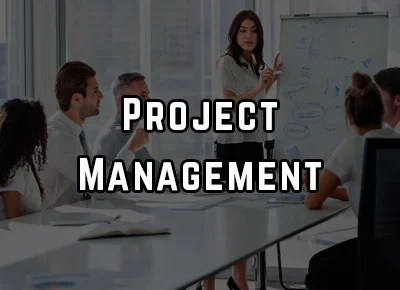PROJECT MANAGEMENT FOR NON-PROJECT MANAGERS - DETERMINING AND MANAGING YOUR PROJECT RISK - THE RISK ANALYSIS
🎤 Charles Paul | 📅 October 11, 2023 | 🕒 11 AM Eastern Time US
Description:
Effective risk management allows project management to identify the project’s strengths, weaknesses, opportunities and most importantly any threats that can impact the project.
Project management must always plan for unexpected events and have contingency plans in place in the event bad things happen. To ensure any project’s success, the strategy for defining how risks will be handled must be pre-planned and ready to implement at a moment’s notice.
Risk management is a project component that is often forgotten or ignored by project managers who substitute dreams of sugarplums dancing in their heads for the harsh realities of the tough world of managing projects. Risk is real and is lurking around every corner of the project. Effective and successful project managers recognize that fact and that achieving a project’s end state depends on planning, preparation, results, and evaluation. Resources available are limited – therefore a focused response to Risk Management is needed.
This webinar will discuss project risk – how to identify it, how to quantify it, how to mitigate it, and how to prevent it from being realized. Developing and employing a risk analysis is fundamental to this management process and what makes risk management happen.
Areas Covered in the Session:
- Identify the project’s risks.
- Communicate about the risks inherent in the project..
- Recognize the difference between opportunity and threats
- Conduct the analysis – prioritize the risks.
- Assess the risks.
- Formulate responses to the risks identified.
- Formulate contingency plans for those risks that warrant it.
- Monitor and manage risks throughout the life of the project.


